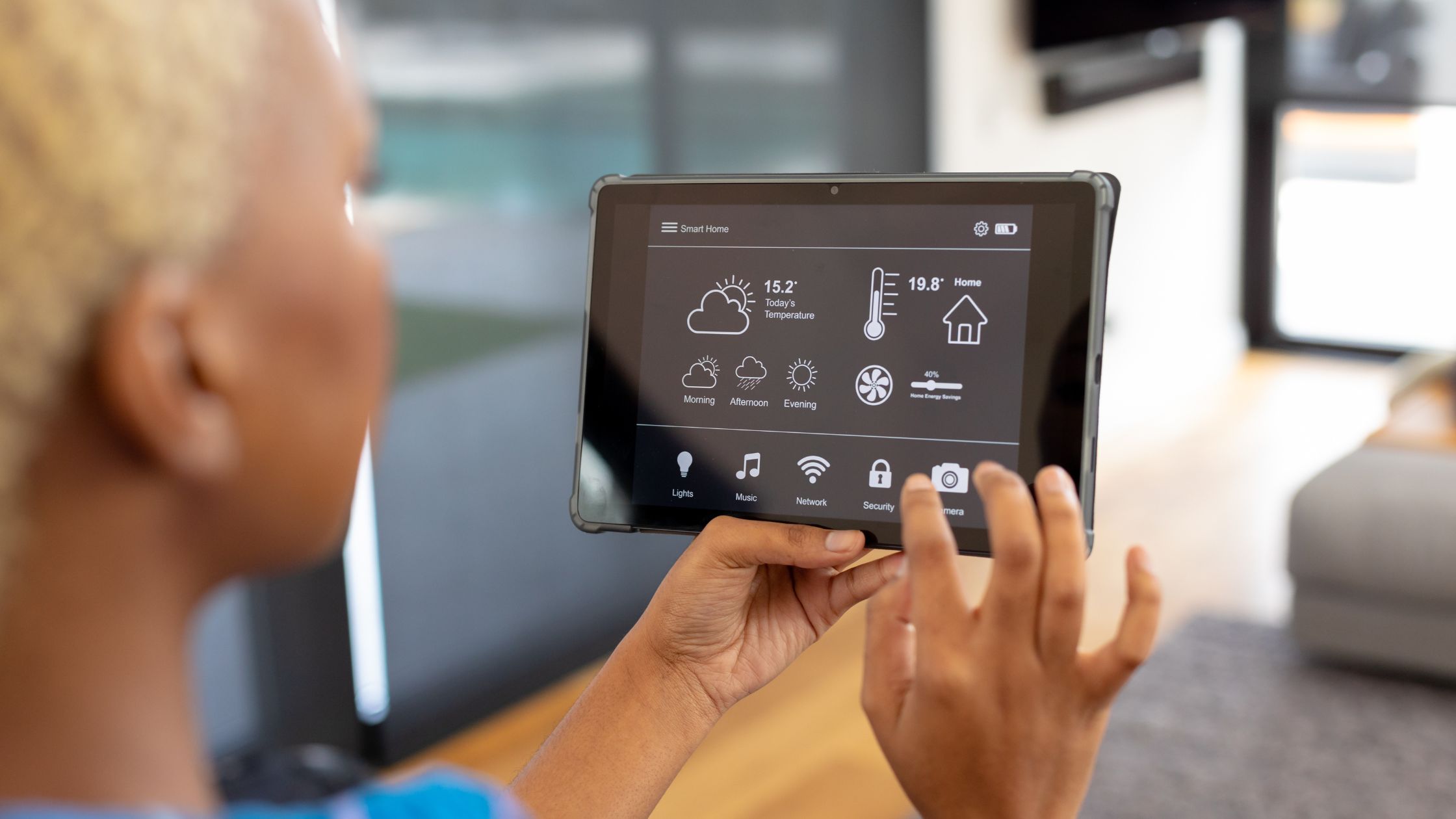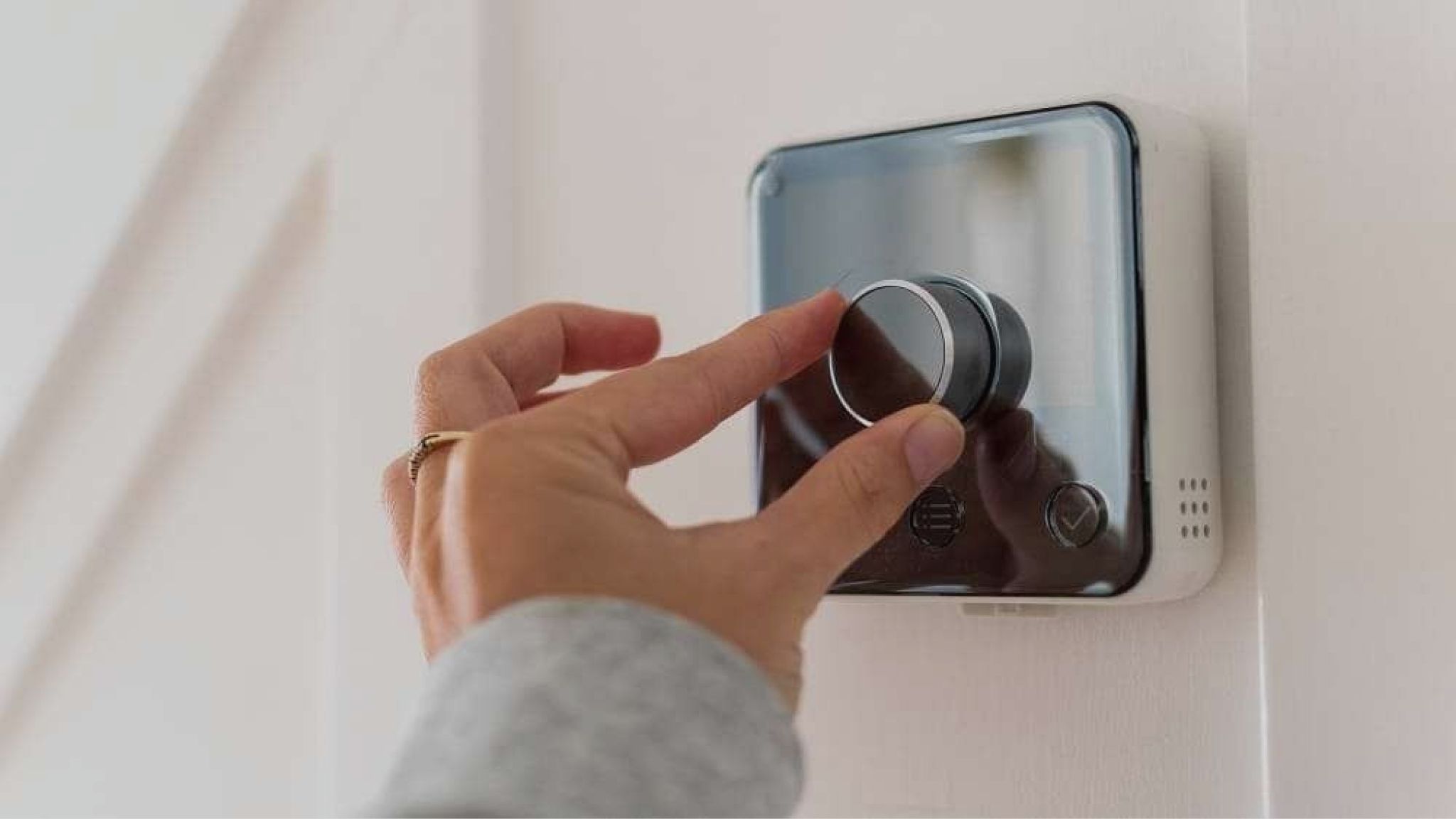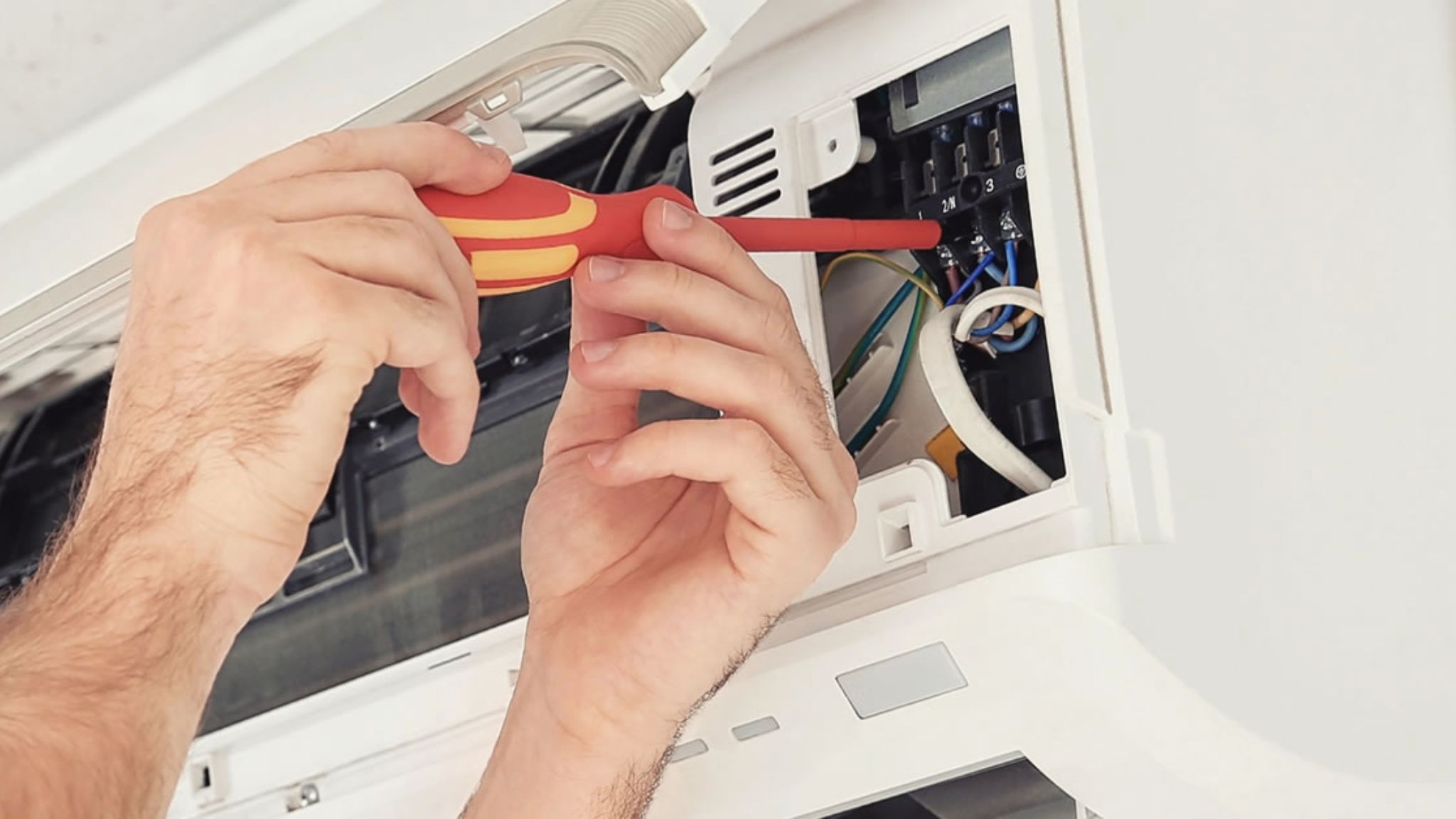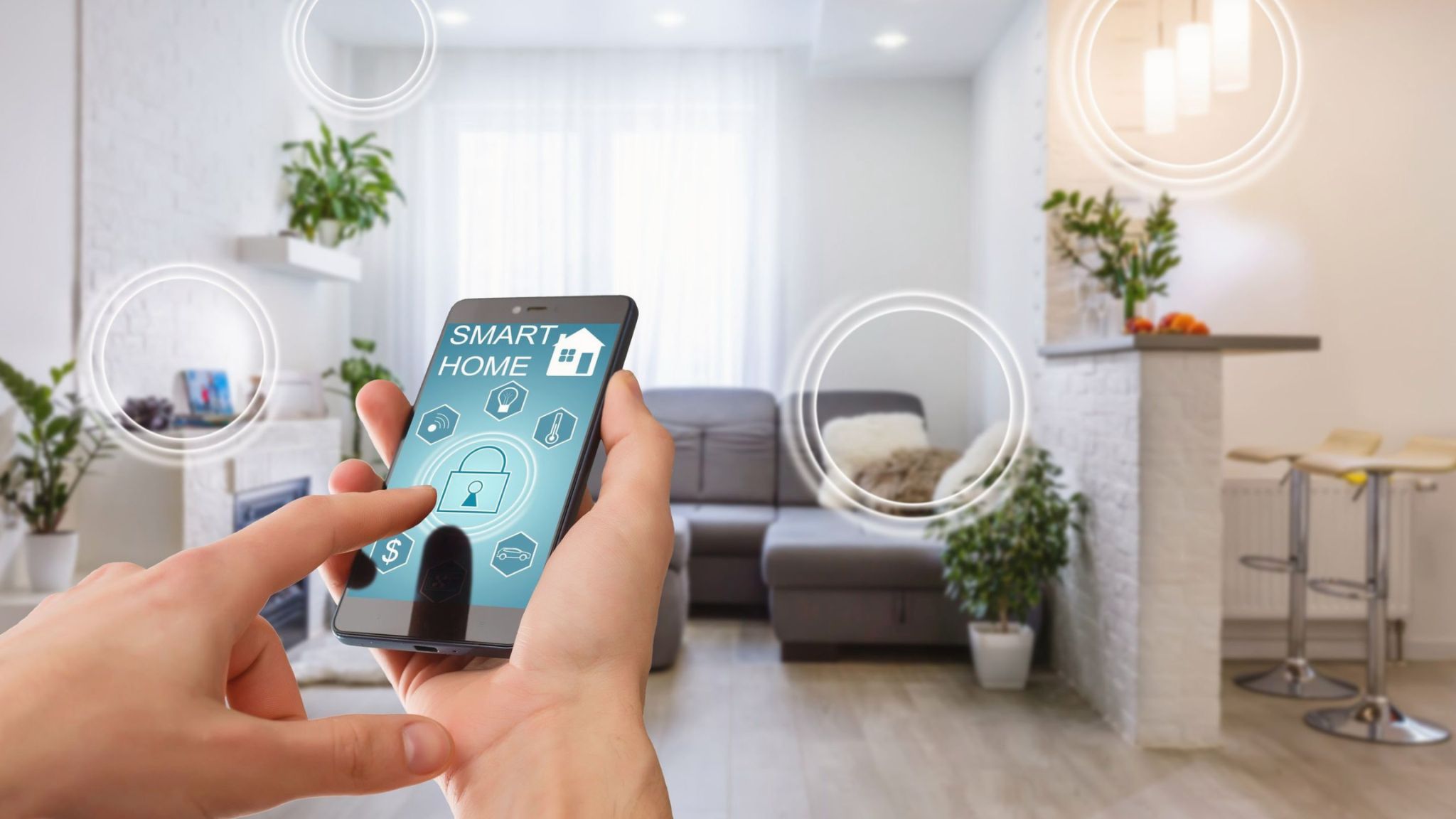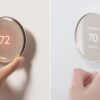Smart home technology refers to a system of connected devices that automate and control various household functions using the internet.
These devices can be managed remotely through a smartphone, tablet, or voice assistant, making daily tasks easier and improving home security, energy efficiency, and convenience.
Smart home tech usually includes smart refrigerators, smart air conditioners, smart thermostats, smart speakers, smart lights, smart fans, smart sound systems, and much more. It can be controlled with your fingers without any hassle from any part of the world.
How Smart Home Technology Works
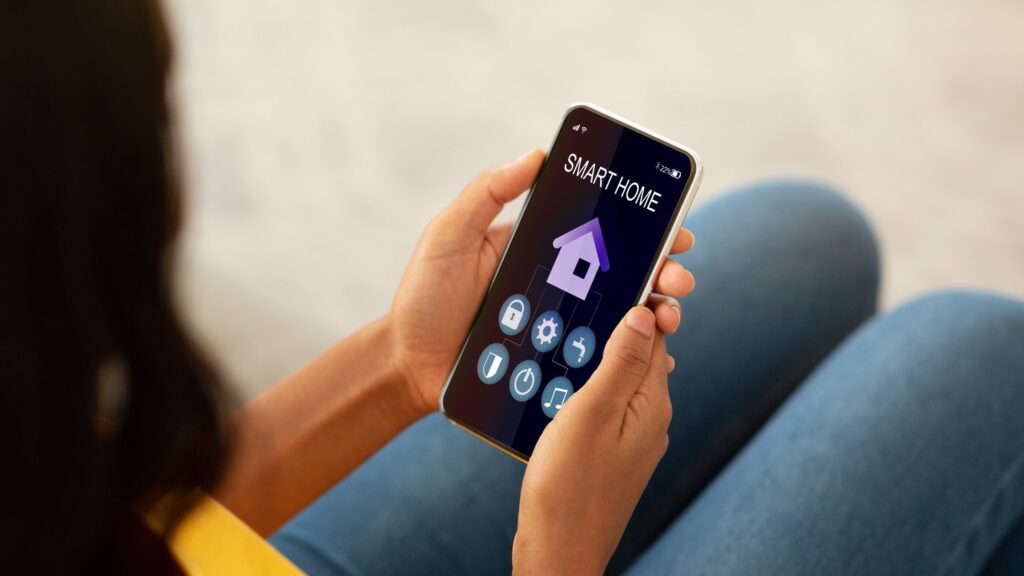
Smart home devices use Wi-Fi, Bluetooth, or Zigbee to communicate and work together. They can be controlled via mobile apps or voice assistants like Amazon Alexa, Google Assistant, and Apple Siri. Some systems also include automation features, where devices react based on user preferences or schedules.
Common Smart Home Devices
- Smart Lighting – LED bulbs like Philips Hue or TP-Link’s Kasa allow users to adjust brightness, change colors, and schedule lighting remotely.
- Smart Thermostats – Devices like the Nest Thermostat learn your temperature preferences and adjust settings to save energy.
- Smart Security Systems – Includes smart locks, video doorbells (Ring, Arlo), and security cameras that provide real-time monitoring.
- Smart Home Hubs – Hubs like Amazon Echo or Google Nest Hub connect multiple devices for seamless control.
- Smart Kitchen Appliances – Wi-Fi-enabled coffee makers, refrigerators, and ovens can be controlled remotely for convenience.
- Smart Curtains & Blinds – Motorized shades adjust based on time of day or light exposure.
Benefits of Smart Home Technology
- Convenience – Control home functions from anywhere using your smartphone.
- Energy Efficiency – Reduce electricity bills with automated thermostats and lighting.
- Enhanced Security – Get alerts and live feeds from security cameras directly on your phone.
- Customization – Set routines like dimming lights at bedtime or adjusting the AC before arriving home.
Smart Homes in the UAE
Smart home adoption is growing in the UAE, with many residents integrating these systems for better security, energy savings, and comfort. Smart lighting, AI-powered security cameras, and voice-controlled home assistants are becoming more common in Dubai and Abu Dhabi households. Property developers are also incorporating smart technology into new homes to attract buyers.
Conclusion
Smart home technology is no longer just a luxury—it’s becoming a necessity for convenience, security, and energy savings. Whether you’re looking to automate your home’s lighting, improve security, or control appliances remotely, smart home devices offer a flexible and easy way to upgrade your living space in the UAE.

